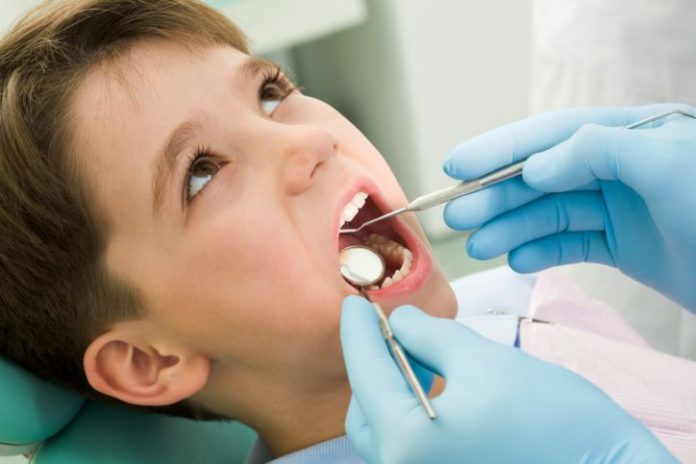Every child deserves a healthy smile. A healthy smile not only builds confidence, but can powerfully impact a child’s overall health and well-being.
A growing body of research shows that poor oral health at an early age can significantly affect school performance, social skills and self-esteem.1 More so, untreated tooth decay often causes pain and infections, affecting a child’s ability to eat, speak, learn and play.
Tooth decay has become extremely prevalent with more than 40,000 Australians per year being hospitalised for preventable dental conditions. Over 26,000 are under 15 years who are given a general anaesthetic for dental fillings and extractions. 2
“Poor diet and inadequate tooth brushing habits are leading factors to tooth decay among children,” comments Dr Susan Cartwright, Scientific Affairs Manager, Colgate Oral Care.
“By establishing a healthy habits routine, the occurrence of tooth decay and illness related to tooth decay can be drastically reduced.”
Parents have a key role in helping their children to develop a proper oral hygiene routine in the first years of their life.
“It is essential to establish a proper oral hygiene routine early in life to help ensure the development of strong and healthy teeth,” said Dr Cartwright. “The Colgate Bright Smiles, Bright Futures school program is aimed at improving the oral health of children through education, and we remain committed to extending the depth of its use at a school level, with teachers, children and with parents, as well as with Dentists.”
How to Create a Healthy Smile for Your Child.
- Encourage your child to brush at least twice a day with a fluoride toothpaste to help remove food and plaque and floss gently to remove plaque between teeth and along the gumline.
- Parents should lead and supervise their children’s tooth brushing until motor and mental functions allow the child to routinely perform a proper tooth brushing technique alone. This is usually until children are 7-8 years of age.
- Twice-annual visits to the dentist should also be a priority for children.










